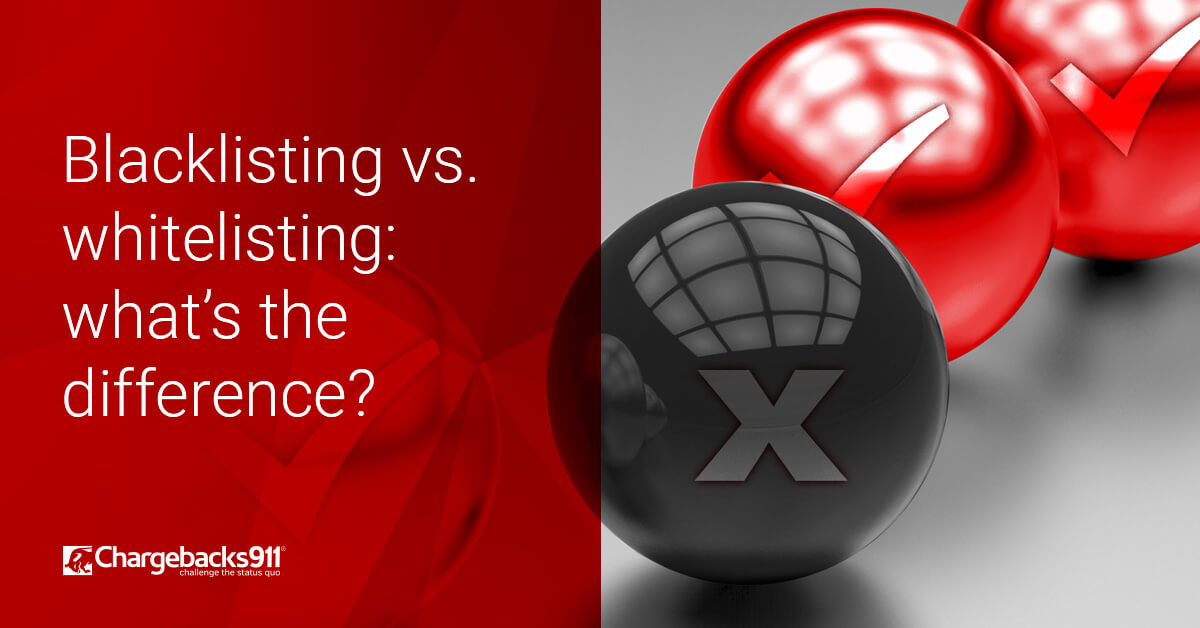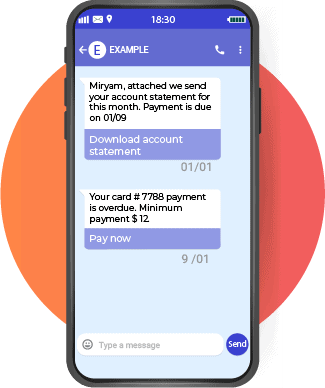Certain actions and behaviors could trigger red-flags or be deemed unusual by the issuer of the card. This could result in a card being blocked or flagged. Some examples of suspicious behavior include: unusual spending patterns-
A rise in spending or sudden large transactions compared to the typical cardholder's behavior could raise suspicion.
Unrecognized transactions
It is possible to commit fraud if cardholder's statement shows transactions that are unauthorized, unapproved or unfamiliar.
Multiple Declined Transactions
A pattern of multiple failed or declined transactions within a short time period Particularly if the person who is responsible has a generally positive transaction history could indicate an issue.
Geographic Anomalies
Transactions that originate from locations far from the typical spending locations or multiple transactions from different geographic locations in a short period of time may raise suspicion.
Atypical Purchase Types
The purchase of unusual items, especially costly items that are not in line with the habits of the cardholder's spend are deemed suspicious.
Uncommon Online Behavior
Unexpected or unusual online activities including multiple failed logins, changes in account details or unusual attempts at logins, may indicate potential unauthorized access.
Unusual Use of Cards
When a card's normal use pattern is disrupted this could be considered suspicious. For instance, if the local credit card suddenly is used for international transactions.
Unexpected Cash Advances or Transfers-
Alerts can be sent if the cardholder makes significant cash advances or transfers which are not in accordance with their normal spending patterns.
Frequent Transactions that are not present on the card
A sudden rise in card-not present transactions (online or over-the-phone transactions) without previous history of these transactions could be a red flag for a review.
Identity Verification Issues
Inconsistencies in authenticating the identity of cardholders on transactions, particularly when additional verification is needed, can cause suspicion.
These behaviors, among others, may cause the card issuer's fraud detection systems or monitoring mechanisms which prompt them to investigate and possibly suspend the card for a period of time until the identity of the cardholder or the legitimacy of the transactions can be confirmed.

What Should I Do If I Suspect That My Credit Card May Be On A Blacklist?
If you believe that your credit card might be on a blacklist or if you believe that there's a fraudulent activity associated with your card, take the steps below: Contact the credit card issuer immediately.
Call the number for customer support on the back of the card, or visit the issuer website to see if they have a fraud reporting hotline.
Inform the bank that issued your card of the concerns you have. Declare that you believe that there is a fraudulent transaction on your card, or that it could have been compromised.
Report Suspicious Activity-
Report any unusual or unauthorized transactions on your account.
Provide specific details about the transactions including dates and amount. If you have them, include names of the merchants.
Request Card Replacement or Blocking
If you wish to stop any more unauthorised transactions ask that the credit card's issuing company temporarily block the card.
If you'd like to continue credit card access, learn how to get the card replaced.
Review your account to dispute any charges.
Review your most recent transactions and statements for any suspicious activity you may not have noticed initially.
If you spot unauthorised charges, inform the card issuer and ask them to investigate.
Keep track of and monitor your creditreport
Make sure you make contact with the company that issues credit cards.
Always monitor your credit card account for any unusual or unanticipated activity.
Think about putting up a freeze on your security or fraud alert.
You might want to place an alert for fraud or a security freeze in your credit report, based on the severity of the situation is. This will help to stop fraudulent activity or identity theft.
Report to Authorities If Needed, Report to Authorities
Consider the possibility of reporting identity theft or other significant frauds to the Federal Trade Commission. You could also file a claim with the local law enforcement agency.
To reduce losses and stop future transactions that are not authorized To limit losses and stop further unauthorized transactions, it is vital to act swiftly. Reporting suspicious transactions and working closely with the card issuer could reduce the risk of potential fraud or misuse.

What Are The Requirements For A Person To Run A Credit Card Number In A List Application?
They include Fraud Analysts- Trained people working in financial institutions who are experts in identifying and analyzing fraud related to credit cards. They include Fraud Analysts- Trained people in financial institutions who specialize in finding and analyzing fraudulent activity that involve credit cards. They use specific software and tools to detect patterns, anomalies, and even compromised card details.
Cybersecurity Experts: Professionals who have a specialization in cybersecurity. These experts monitor and identify cyber-threats like stolen credit card numbers. They are focused on preventing the loss of information, looking at the information for warning signs and implementing security measures.
Law Enforcement Officials - Specialized units and employees of law enforcement agencies that investigate financial crime such as fraud of credit cards. They have access to databases and other sources to identify and analyze fraudulent activities.
Compliance Officers - These experts are responsible for ensuring that financial institutions follow rules and laws that govern financial transactions. They can supervise the processes of identifying and reporting suspicious credit card activities.
Databases that contain credit card blacklists as well as the authority to validate credit card numbers against these lists are strictly regulated and require proper legal authorization, such as being a part of an official investigation into financial crimes, or with specific authorizations from authorized organizations.
They use software, protocols and legal processes along with special protocols and software to verify credit card data against blacklists, while maintaining strict privacy and security rules. In order to ensure that your credit card data is not hacked, always rely on trusted professionals and institutions. Inadvertent attempts by people to access credit card blacklists or use them could cause legal consequences. Read the most popular savastan0 cc for more advice.
